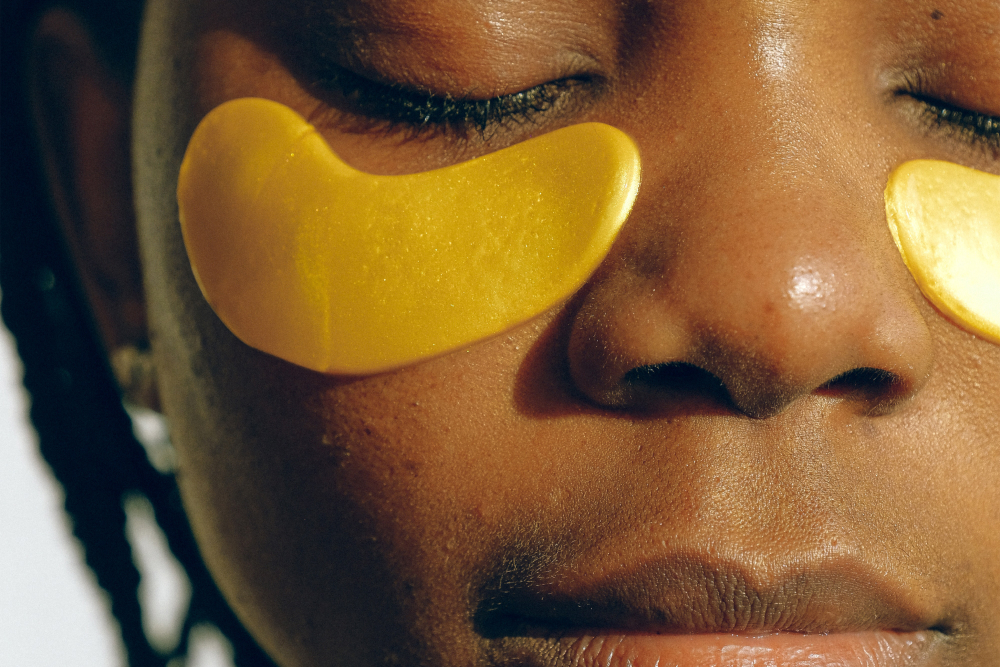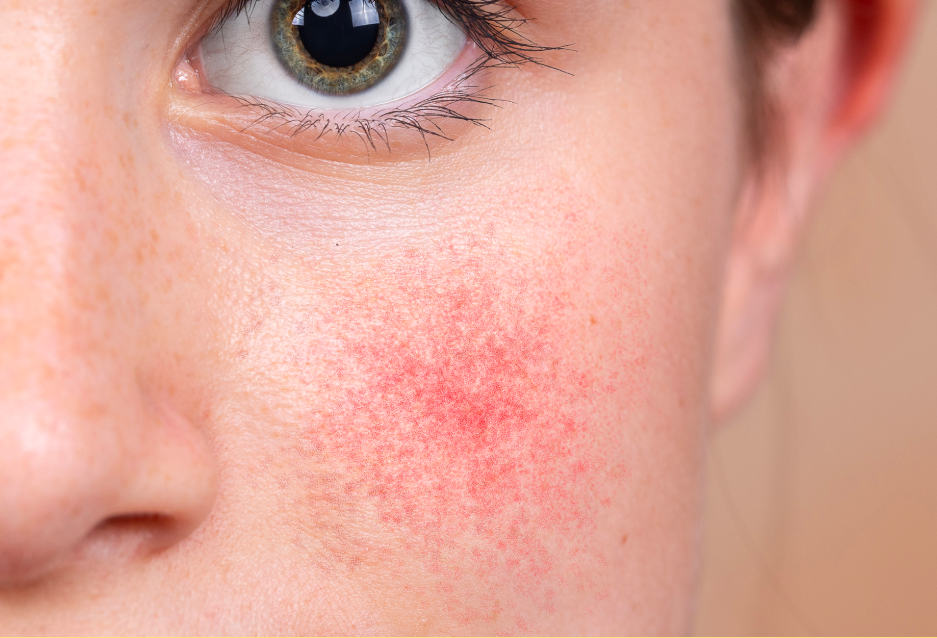What Are Antioxidants In Skincare?

Link to share article here:
Skincare 101: Everything You Need To Know About Face Masks
Face masks are billed as the ultimate “little treat”. Nobody throws one on when they’re rushing to get ready for work – rather, they force you to slow down, focus on yourself, and enjoy some pampering.
However, if you’ve ever found yourself lying with cucumber on your eyes, wondering if your favourite face mask is actually doing anything, then you’re not alone. In this edition of Skincare 101, we lift the lid on the different types of masks, explore their efficiency and reveal the ingredients to know about.
What are the different types of face masks?
Spend just a few minutes on #skintok and you’ll find that there’s an entire world of face masks to discover. It’s almost impossible to scroll without seeing skincare aficionados applying intriguing masks on their faces – and there’s always something new to try.
The more traditional masks come in a tub, a tube or a sachet. There are countless different variations, ranging from soft jelly formulations to clay-based masks and peel-off versions that dry on your face.
Then there are sheet masks soaked in skincare ingredients, which are often associated with Korean skincare. They’re usually made of paper, although some reusable alternatives are now available using cotton and silicone.
Finally, there are LED masks. These robotic looking devices emit light when plugged in, and claim to offer an at-home alternative to light therapy treatments. Depending on the model they might emit red, blue, yellow or green light, all of which are said to have different effects.
Do face masks actually work?
It’s undeniable that using a face mask is an enjoyable experience. Just think about all the steps that go along with it – plumping your pillows, donning your fluffiest robe and cueing up an episode of your favourite show. It’s all about sitting back and relaxing while your face mask works its magic.
But do they really do anything? Well, the answer isn’t totally straightforward. You might see some improvements to your skin after using one, but they won’t create any long term changes – you need active ingredients that work on a cellular level for that. Depending on the ingredients in your face mask, your skin could become irritated and dry, or it could soak up the hydrating goodness – so pick wisely (more on ingredients later).
According to Dr Jason Thomson, Head of Medical at Skin + Me, masks can be a “quick and effective way to boost hydration, but all the active ingredients you find in sheet masks can be incorporated into your standard skincare routine so they’re not strictly necessary in my opinion.”
However, sheet masks do use a particular technique to deliver moisture efficiently – so, if your skin is thirsty you might like the hit of hydration. “Sheet masks take advantage of a principle that dermatologists use frequently: occlusion,” says Dr Jason. “The theory being that when active ingredients are occluded i.e. with a dressing, bandage or in this case sheet mask, there’s less evaporation of the actives and their penetration into the skin is increased.”
Dr Jason continues: “We can occlude our skincare to reduce evaporation and increase penetration of a serum by using occlusive skincare such as petrolatum (i.e. vaseline) but sheet masks do offer a quick and easy way to achieve this with minimal fuss.”
As for LED masks – well, despite their futuristic appearance, they’re unlikely to have any dramatic effects. Some people do report improvements to their acne and skin texture following regular use, but remember that they won’t provide the same results as laser therapy performed by a professional. You should follow the directions provided by the manufacturer of your LED mask in order to stay safe.
If you’re looking for long term improvements to your skin, you’re most likely to see results from using active ingredients that are tailored to your skin’s needs – like those in your bespoke Skin + Me Daily Doser.
Face mask ingredients we love
- Niacinamide – A form of Vitamin B3, niacinamide supports a healthy, more radiant complexion by regulating oil production and boosting cell rejuvenation.
- Hyaluronic acid – A humectant that pulls in and holds moisture, plumping and hydrating the skin on contact.
- Ceramides – A type of lipid (fat) that forms a protective barrier on the skin to retain moisture and prevent water loss.
Face mask ingredients we don’t love
- Heavy fragrances – Anything that’s heavily fragranced has the potential to irritate your skin, especially if it’s on the sensitive side.
- Peeling ingredients – Although they look satisfying, masks that peel off are usually too harsh and can damage your skin barrier.
- Drying clay – These masks might work for some people, for many they will cause irritation and dehydration.
The bottom line
Face masks are unlikely to work miracles, but they can be relaxing to use and temporarily boost your skin’s appearance. Whether you fancy slipping into your PJs and kicking back with an ultra-hydrating mask, or want a way to soothe redness before a big event, they can be a luxurious treat step in your skincare routine. Just make sure you check the ingredients carefully and always do a patch test before using a new mask.
New to Skin + Me? Get your first month of personalised skincare for £4.99 with promo code DOSE – complete our quick consultation here.
Looking for a routine refresh? Add the Dream Routine to your Skin + Me subscription.
In need of a restock? Head to The Skincare Shop for one-off purchases of your Routine Essentials.



